
Stanford Team of Investigators
Stanford Cancer Institute
Little is known about the downstream molecular changes that drive hereditary cancer development in patients with a high familial risk for cancer, such as those who carry mutations in genes such as BRCA1 and BRCA2. It appears that the genomic profiles of these ‘inherited’ cancers may be quite unique from most of their ‘sporadic’ counterparts, and suggest distinct approaches to their diagnosis, prognosis, and treatment. It is Stanford’s intent to fill this critical gap in our understanding of the cancer genome landscape by taking advantage of our research strengths in genomics and computational biology, as well as our clinical focus and experience with hereditary cancer genetics.
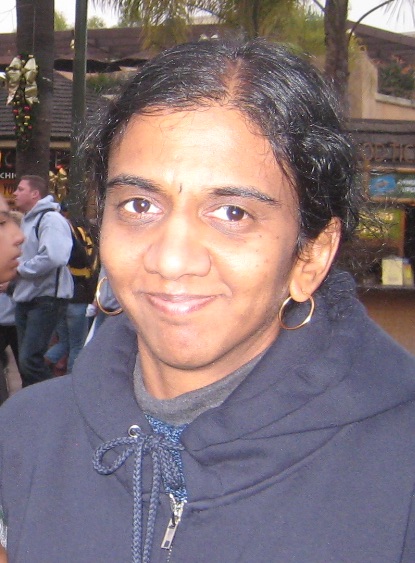
Shanthi Adimoolam, PhD
Research Scientist
Dr. Shanthi Adimoolam received her PhD in Biochemistry from the University of Illinois in 1998 after which she joined the Ford Lab at Stanford first as a postdoctoral fellow and then Research Associate. There she developed novel assays of DNA repair and studied the role of the p53 gene in cancer. From 2005 until 2010 she served as a Research Scientist at Pharmacyclics, and more recently consulted for the DOD as a Scientific Review Officer. She has now returned to Stanford in a career path as a Research Scientist focused on preventing BRCA1/2 mutation associated cancers through enhancing DNA repair.
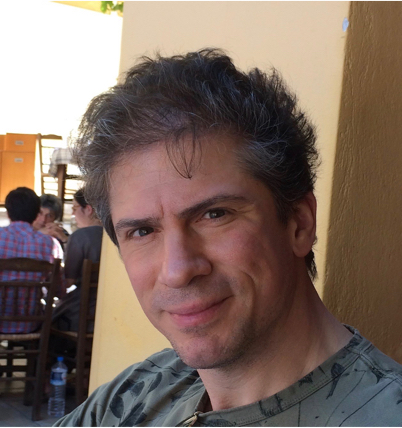
Serafim Batzoglou, MEng, PhD
Professor, Computer Science
Related Links
Dr. Batzoglou research focuses on computational genomics: developing algorithms, machine learning methods, and systems for the analysis of large scale genomic data. He received a BS in Computer Science, BS in Mathematics, and MEng in EE&CS from MIT in June 1996, and a PhD in Computer Science from MIT in June 2000. He joined Stanford in 2001. He is a recipient of the Sloan Fellowship, the NSF Career Award, Technology Review's "Top 100 Young Technology Innovators" Award in 2003, and the ISCB Innovator Award in 2016. He is also co-founder of DNAnexus.
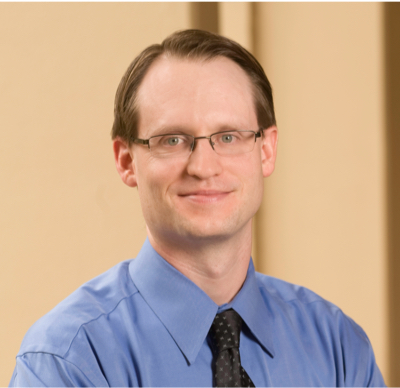
Maximilian Diehn, MD, PhD
Assistant Professor, Radiation Oncology
Related Links
Dr. Diehn is an expert in genomics-based biomarkers who has developed a promising new blood test for monitoring and early detection of cancers. Dr. Diehn’s work is focused on genomics and stem cell biology. The Diehn laboratory focuses on two main areas: 1) cancer stem cell biology and its implications for therapy and 2) development of genomics-based biomarkers for identifying the presence of cancer cells, predicting outcome, and predicting response to therapy. Dr. Diehn works primarily with cancers of the lung and breast. He is currently advancing his work through a variety of clinical trials.
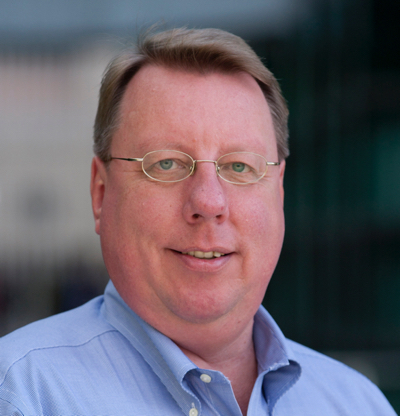
James Ford, MD
Director, Stanford Clinical Cancer Genetics & Genomics Programs;
Associate Professor, Medicine (Oncology), Genetics and of Pediatrics
Related Links
Dr. Ford is a medical oncologist and geneticist at Stanford, devoted to studying the genetic basis of breast and GI cancer development, treatment and prevention. Dr. Ford's research goals are to understand the role of genetic changes in cancer genes in the risk and development of common cancers. He studies the role of the BRCA1, BRCA2, p53 and CDH1 tumor suppressor genes in DNA repair, and uses techniques for high-throughput genomic analyses of cancer to identify molecular signatures for targeted therapies. Recently, his team has identified biomarker signatures of timor DNA repair deficiencies and used these to predict patient responses in clinical trials at Stanford and nationally using "PARP inhibitors" for the treatment of women with "triple-negative" breast cancer. Dr. Ford is employing Next-Generation Sequencing to identify novel inherited germline DNA mutations in families with a predisposition to cancer. He runs the Stanford Cancer Genetics Clinic, that sees patients for genetic counseling and testing of hereditary cancer syndromes, and enters patients on clinical research protocols for prevention and early diagnosis of cancer.
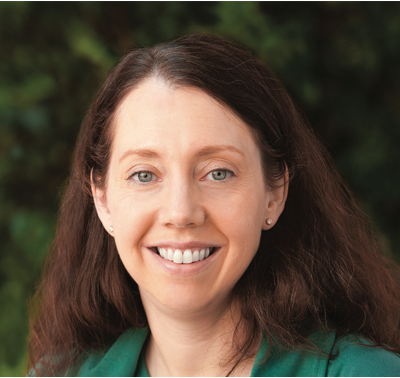
Allison Kurian, MD, MSc
Director, Stanford Women’s Clinical Cancer Genetics Program;
Associate Professor, Medicine and of Health Research and Policy
Related Links
Dr. Kurian’s research focuses on the identification of women with elevated breast and gynecologic cancer risk, and on the development and evaluation of novel techniques for early cancer detection and risk reduction. She has published 84 peer-reviewed articles, including several in high-impact journals such as JAMA, Journal of Clinical Oncology, and Journal of the National Cancer Institute. As Director of the Stanford Women’s Clinical Cancer Genetics Program, her practice centers on women at high risk of developing breast and gynecologic cancers. Dr. Kurian serves on several national committees that advance the clinical and research mission of women’s cancer genetics: she develops evidence-based practice guidelines as a member of the National Comprehensive Cancer Network, and she recently led the American Society of Clinical Oncology’s Scientific Program Committee for Cancer Epidemiology and Prevention.
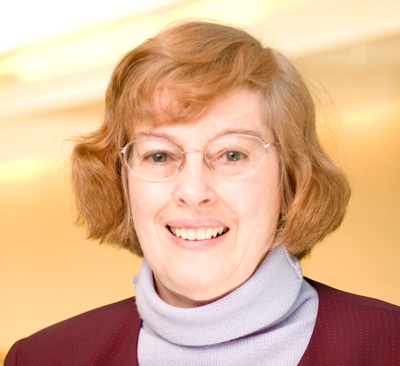
Beverly Mitchell, MD
Director, Stanford Cancer Institute
George E. Becker Professor of Medicine
Professor of Medicine (Oncology and Hematology)
and, by courtesy, of Chemical and Systems Biology
Related Links
Dr. Mitchell’s research relates to the development of new therapies for hematologic malignancies. She is interested in preclinical proof-of-principle studies on mechanisms that induce cell death and on metabolic targets involving nucleic acid biosynthesis in malignant cells. She is also interested in the translation of these studies into clinical trials. Dr. Mitchell received the Stohlman Award from the Leukemia & Lymphoma Society and has been chair of the Medical and Scientific Affairs Committee and a Scholar of the Society. She is a member of the Institute of Medicine of the National Academy of Sciences, has served as president of the American Society of Hematology (ASH), and has authored more than 130 peer-reviewed articles.
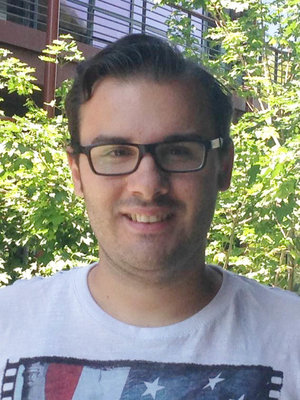
Daniele Ramazzotti, PhD
Postdoctoral Research Fellow, Department of Pathology
Dr. Ramazzotti received his Ph.D. in Computer Science from the University of Milano-Bicocca, Italy, in 2016. He then joined the Sidow Lab and is currently a Postdoctoral Research Fellow at the Department of Pathology at Stanford School of Medicine. His research bridges approaches from computer science, mathematics and algorithmics to solve problems inspired by or related to life sciences. Dr. Ramazzotti's research activities at Stanford focus on the characterization of molecular subtypes within tumor populations, i.e., the genetic and phenotypic variation of cancer cells both within the same tumor and across different tumor types.
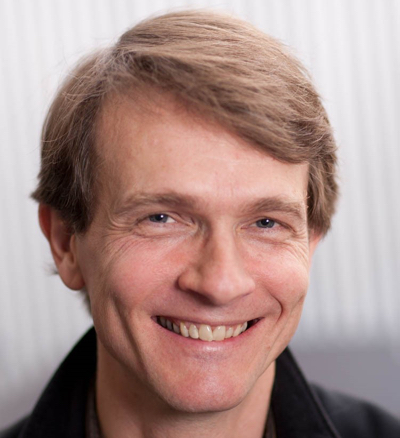
Arend Sidow, PhD
Director of Sequencing, Department of Pathology;
Director, Sequencing Service Center;
Co-Director, Stanford Genome Training Program;
Associate Professor, Pathology and of Genetics
Related Links
Dr. Sidow’s laboratory combines bench experiments with computer analysis—it is both a ‘dry’ lab and a ‘wet’ lab. The lab’s interests range widely across questions in molecular evolution, population genetics, cancer, and gene regulation. The main data engine in Dr. Sidow’s research is DNA sequencing, in the two main contexts in which sequencing is applied: Discovery of variation (such as de novo mutations in children or somatic mutations in cancer) or as a quantification tool in experimental assays that address, for example, mechanisms of gene regulation. Recent specific research interests include the application of evolutionary principles to cancer progression. Dr. Sidow has a track record of publishing studies revolving around DNA sequence evolution and function in high impact journals. He routinely advises consulting clients in matters of DNA sequencing technologies and applications and has served on multiple national advisory panels for the NIH and the DOE
BRCA Foundation
Science & Technology Advisory Team (STAT)
Our advisory team reflects our Silicon Valley roots and combines visionary technology experts and world-renowned scientists to form our Science and Technology Advisory Team (STAT). This distinctive composition of STAT members uniquely positions BRCA Foundation for groundbreaking leadership.Read More
We know it is possible. We know that cutting-edge scientific research being done today will bring about the therapies, cures and preventative treatments that will save the lives – and improve the quality of life – of millions of BRCA-positive individuals tomorrow.
